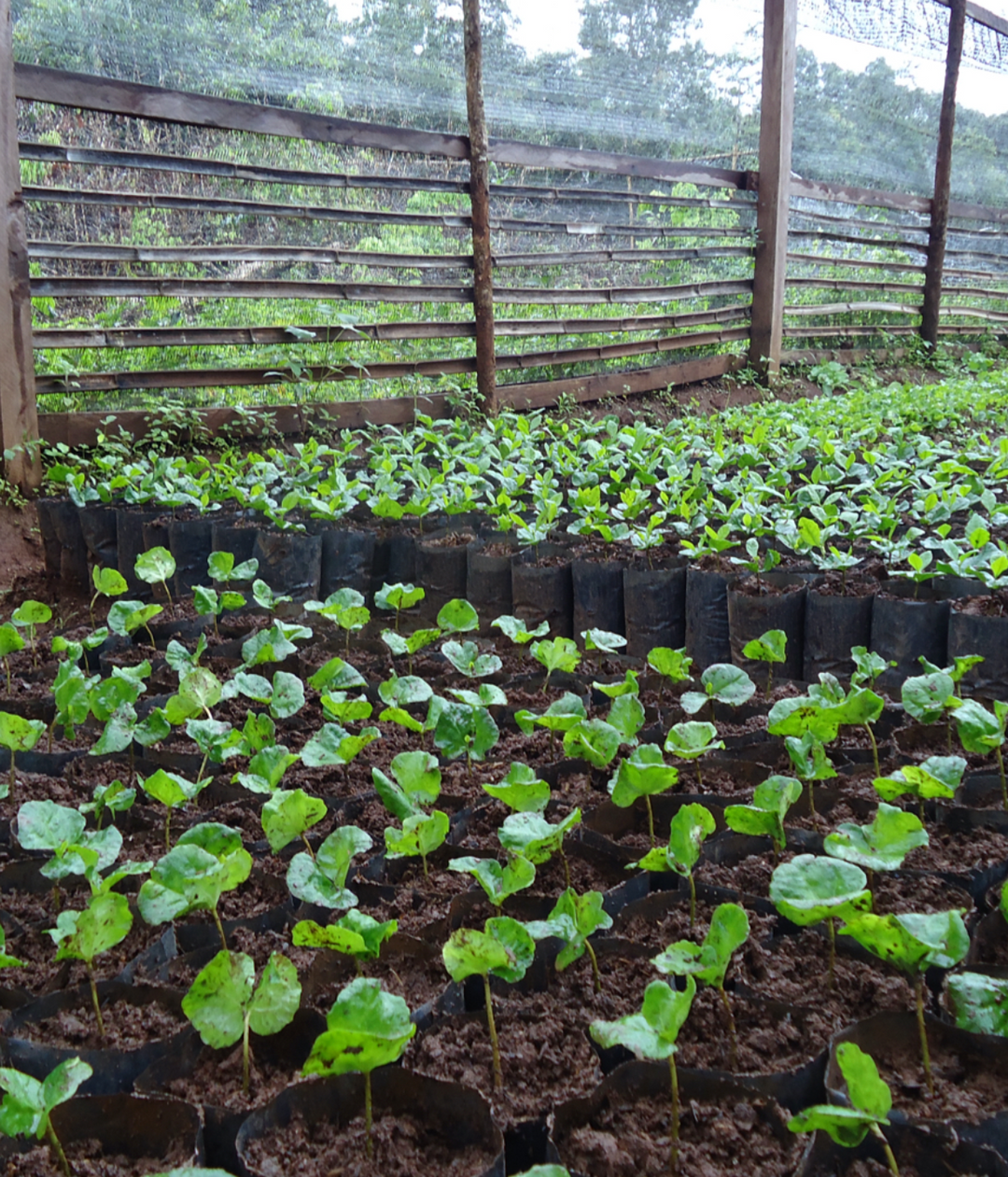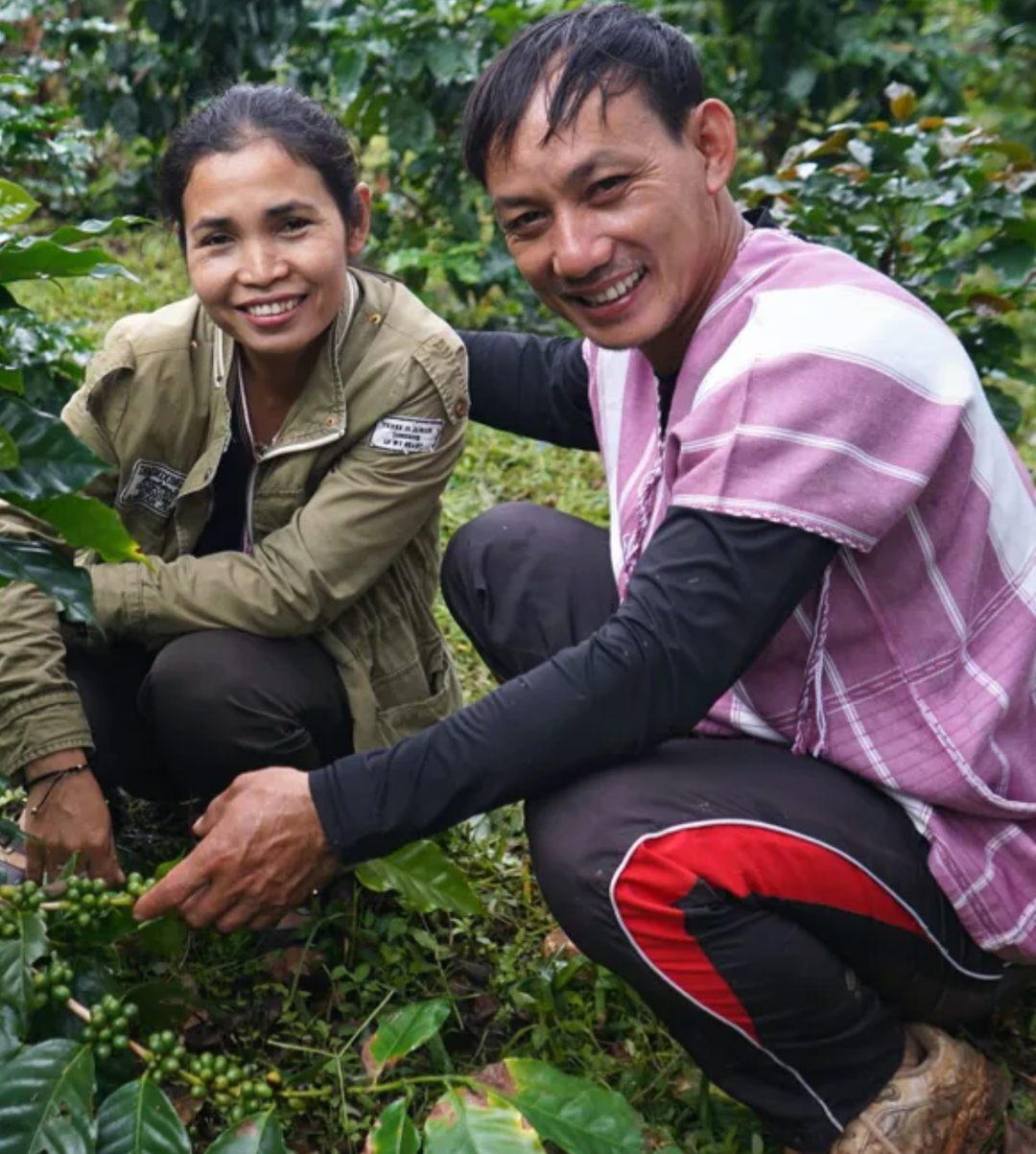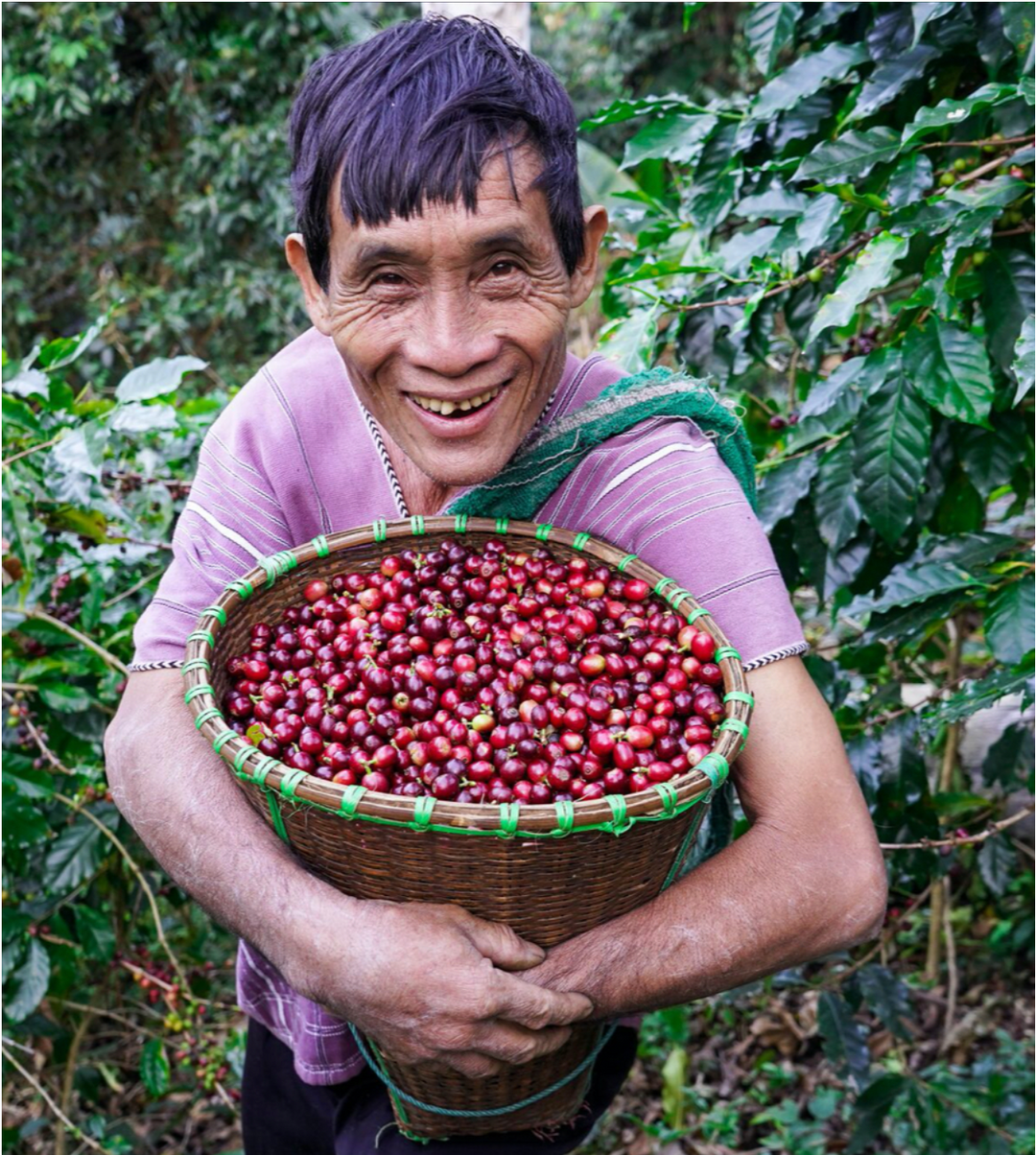Coffee Cultivation Initiative
Our organization's coffee cultivation initiative is dedicated to improving the quality of life for families in Northern Thailand. Thanks to the region's favorable climate, altitude, and soil, we can train farmers in the community to produce premium quality Arabica Coffee. To date, we have helped over 500 families in the area develop the skills and resources needed to cultivate coffee and supplement their incomes.
A Brief History
We owe a debt of gratitude to King Bhumibol Adulyadej, who reigned for 70 years from 1946 to 2016, making him the world’s longest-reigning
monarch. He introduced Arabica Coffee to Thailand as a substitution crop for opium. The king's foresight in promoting coffee cultivation to help the people was truly visionary. Today, crops like coffee, fruit, vegetables, and flowers provide income and help eliminate opium production in Thailand.
By purchasing our coffee, you're not only enjoying a delicious and sustainably sourced product, but you're also supporting rural families and economic development initiatives in Thailand. Our coffee
cultivation is backed by the Forestry Department of Thailand that helps reclaim land that was destroyed through primitive slash and burn farming techniques.


Launching a Coffee Farm
Starting a small coffee farm for a family in Northern Thailand is easier and more affordable than you might think. With just $500 USD, a family can establish their own farm with an initial planting of 500 coffee trees. We work with independent small-scale farmers to provide them with the training, resources, and oversight needed to start their own coffee cultivation. Most farmers can increase their planting on their own after learning the necessary principles. Our team of rural development experts ensures that the project runs smoothly, and the farmers are able to produce coffee and earn a sustainable income.
A Greater Environmental Purpose
Years of slash and burn cultivation practices in Northern Thailand have resulted in negative environmental impacts. To address this issue, farmers are now required to produce a living on smaller farm lands. Coffee cultivation is a viable solution to this problem as it requires significantly less land space than other crops such as rice or corn. By growing coffee, families are able to supplement their income and meet the government's requirements for limited land use.



